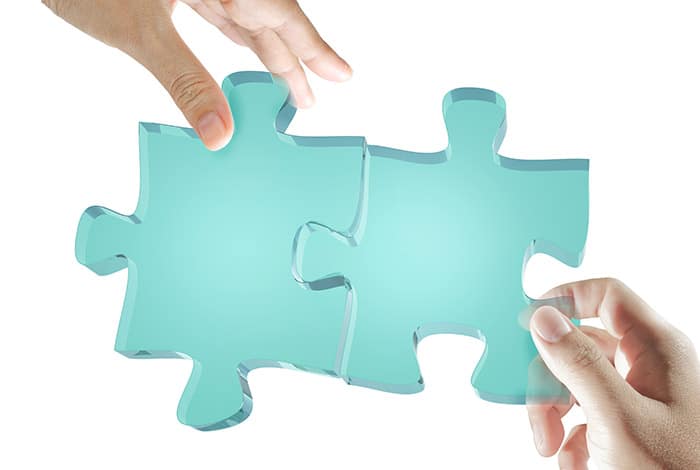Addiction to drugs or alcohol will take its toll on personal relationships. The addicted individual will often lie, cheat, and hurt others to hide their addiction or seek secondary gain. Their actions may or may not be intentional, but when someone is deep in the throes of their addiction, poor choices are often made. Boundaries are pushed, and often relationships with coworkers, spouses, children, and friends are severed.
Boundary issues are rooted in the addict’s past
It is common for individuals who are struggling with an addiction to have problems with boundaries. Maybe they lacked boundaries growing up, or perhaps their loved ones bailed them out of trouble every time. Perhaps they did not grow up with responsible caretakers and their parental figures never “parented,” and as a result, their emotional needs were unmet. Maybe their parents were too strict and demanded so much control that they were incapable of personal growth and independence. The inability to establish, practice, and respect healthy boundaries in childhood and adolescence often allows individuals to be manipulated by others, resulting in low self-esteem and codependent relationships. Therefore, it is not uncommon for individuals who struggle with addiction to struggle with healthy boundaries and struggle with healthy relationships.
Sometimes we are too scared to put our foot down and set boundaries with our loved ones because we are scared to lose them. As a result, we allow our loved ones struggling with addiction to “cross the line” one too many times, making us an enabler. Whether you or your loved one is seeking treatment for a substance use disorder, setting clear and healthy boundaries is one of addiction recovery’s most important aspects.
Defining boundaries
Boundaries are rules and guidelines we set into place to protect others and ourselves from emotional and mental pain. Think of an imaginary line drawn in the sand that separates good and bad behavior. Boundaries establish guidelines for appropriate behaviors, responsibilities, and actions. Weak or non-existent boundaries allow you to lose your freedom, your self-worth, and your personal space. Boundaries help you define what you are comfortable with and how you would like to be treated by others. They apply to any kind of relationship you have, whether with a friend, co-worker, family member, partner, or anyone else in your life. Healthy boundaries are important in any relationship and are even more important when someone you love is struggling with an addiction.
Common boundaries in addiction recovery
• Communicate to your loved one that they cannot drink or use around you
• Do not lend or give them money
• If they live with you, do not allow alcohol or drugs in your home
• Do not lie or make excuses for them
• Do not tolerate abusive behavior
• Do not pay off their debts
• Detach if necessary
• Do not put yourself in compromising situations
• Do not allow your loved one to drive under the influence
• Communicate to your loved one that they must continue therapy and attend support groups
• Do not tolerate any illegal behavior
Establishing and enforcing boundaries
To set boundaries between you and your loved one, you must be able to communicate what you will and will not tolerate. Communicating these boundaries with your loved one in recovery can be challenging. They may become defensive, and therefore it is essential to be clear and compassionate about your intentions. Communicate that you intend to protect both yourself and your loved one. You must set boundaries for your own emotional and mental health, and there are certain things you will not tolerate.
Once you have established healthy boundaries, you must enforce these boundaries, or else they become meaningless. If there are consequences for crossed boundaries, it is essential to follow through with these consequences, even if it means getting law enforcement involved or detaching from your love done. When boundaries are continuously broken, you not only risk your own mental and emotional health, but you also become an enabler by allowing your loved one to continue to engage in addictive and hurtful behaviors. These boundaries should be established and enforced out of love for yourself and your family member, and you must communicate this very clearly.
“Say what you mean, mean what you say, just don’t say it mean.”




